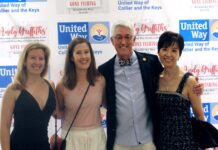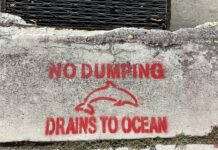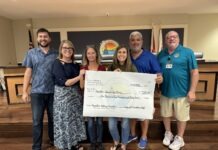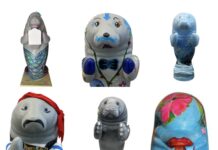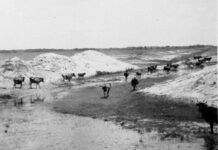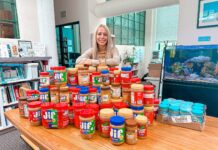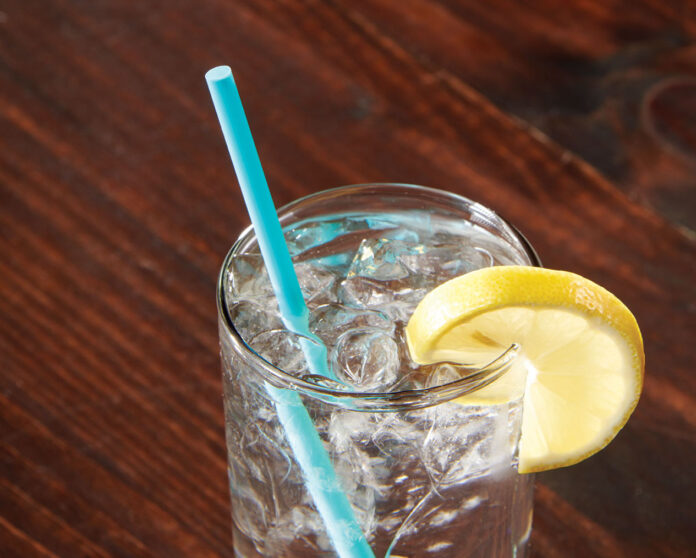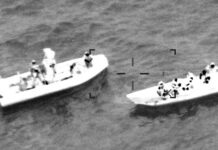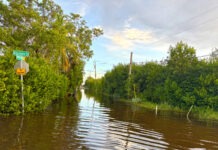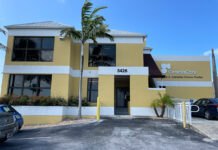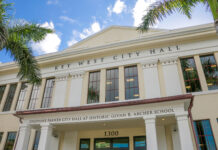Admit it. No one likes the paper straws that get as soggy in drinks as cereal in milk.
Of course, no one wants to choke sea turtles with plastic straws that end up in the ocean and don’t decompose for 200 years.
Enter Phade, the first marine biodegradable straw made from fermented canola oil.
Representatives from WinCup, the Georgia-based company that makes Phade straws, stirrers, cups and other food service products, spoke at the recent Florida Restaurant & Lodging Association meeting in Key West.
“Everyone is used to hearing ‘Reduce, Reuse, Recycle,’ but we want to add ‘Replace’ to those Rs,” said Michael Winters, president of WinCup, referring to the replacement of plastic and paper straws with Phade straws, made from a biopolymer. “In a marine environment, our straws completely ‘fade’ away in nine weeks.”
The company’s motto, “Blue is the new green,” refers to its products’ Caribbean blue color as well as their biodegradability in the marine environment.
Winters showed a time-lapse video of a Phade straw in a saltwater aquarium disintegrating in a matter of months. The straws and other products are also compostable on land, which is the ideal way to dispose of them.
“The proper way to dispose of a Phade straw is through composting,” the company’s website states. “A Phade straw is home- and industrial-compostable, so it will completely biodegrade in either environment. No straw should ever be disposed of in a marine environment; however, it was designed to be consumed by bacteria, so in the unfortunate circumstance where a Phade straw might end up in the ocean, it will biodegrade because it will be consumed by the bacteria in the ocean,” states the company’s website.
The pro sports industry has embraced the new Phade straw technology, and the products have been used at the Super Bowl, PGA golf tournaments, the World Series and other major events, Winters said.
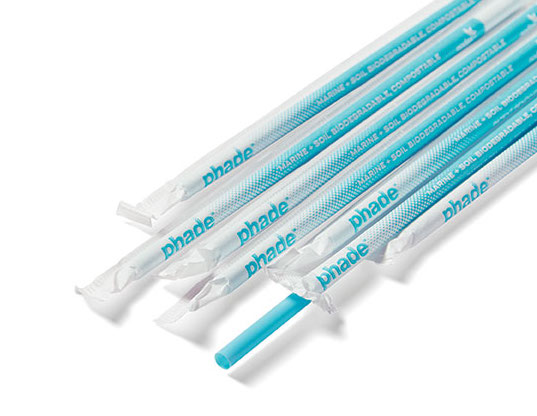
When comparing Phade straws to paper alternatives, aside from their unpopularity and low performance, he pointed out that even the supposedly environmentally friendly paper straws are typically chemically treated and coated with wax or other materials, or they’re made with adhesives that slow their biodegradation.
“Despite their notoriously lackluster performance, paper straws have long been accepted — or at least tolerated — as the most ‘sustainable’ alternative to traditional plastic straws. But with toxic chemicals reinforcing their makeup and posing a risk to your customers and the environment alike, it’s about time we bust that myth once and for all,” the website states. “Microplastics in our oceans and food chain are a reason for concern. However, marine biodegradable PHA based products, such as our Phade straw, do not result in microplastics.
When synthetic (traditional fossil fuel based) non-biodegradable plastics are littered in the ocean or on land, they break down and result in microplastics. These materials break into smaller and smaller pieces until finally only tiny pieces of plastic (less than 5mm long) — microplastics — remain.
In this context, “break down” simply means breaking apart, Winters said at the Aug. 24 FRLA event at Key West’s Opal Key Resort and Marina.
The “breaking apart” of a product is not the same as the “biodegradation” of a product, he added.
WinCup currently offers three sizes of Phade straws, along with three sizes of coffee cups and stirrers. One attendee at the FRLA event in Key West asked the company to next make souffle cups — the small plastic cups that typically hold salad dressing and other sauces.
“I go through a lot of those, and I’d love an alternative,” the restaurateur said.
